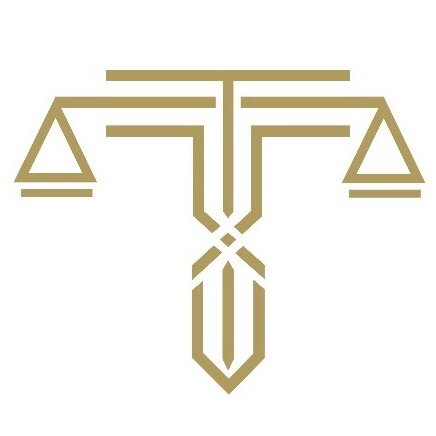Best Wage & Hour Lawyers in Khobar
Share your needs with us, get contacted by law firms.
Free. Takes 2 min.
List of the best lawyers in Khobar, Saudi Arabia
About Wage & Hour Law in Khobar, Saudi Arabia
The Labor Law in Saudi Arabia, which applies to Al Khobar, is governed by the Ministry of Labor and Social Development that provides strict protections to employees. Wage and hour laws in Saudi Arabia specify matters such as minimum wage, overtime pay, wage deductions, and the number of hours that can be worked in a week.
Why You May Need a Lawyer
Individuals may need legal assistance in dealing with wage and hour disputes or violations, reviewing employment contracts, ensuring correct classification and compensation for overtime, and acquiring professional advice on work regulations and rights. A lawyer can help guide and represent individuals who believe they are not receiving fair wages or work conditions. Legal guidance becomes particularly important in case of disputes with the employer or when navigating the Saudi Arabian labor law.
Local Laws Overview
In Saudi Arabia, the workweek is based on a six-day week and not more than 8 hours a day, although these hours can be increased to 9 hours for certain businesses. Over time, employment must not exceed 12 hours a day unless there is a need to prevent serious accidents or their impact. Employees that work beyond their standard working hours must be compensated overtime at a rate of 150% the regular wage. Employees are entitled to an annual paid vacation of no less than 21 days, which can be increased to 30 days after five years of service.
Frequently Asked Questions
What is the minimum wage in Khobar?
The minimum wage in Saudi Arabia, which includes Al Khobar, is set at 3000 Saudi Riyals per month for Saudi Arabian Nationals as per the latest update in 2021.
What happens if the employer doesn't pay the wages on time?
Under Saudi Arabia's wage protection system, every employer is required to pay their worker's salary on time. Delay of wages can lead to penalties and other legal actions against the employer.
Can an employer make deductions from wages?
An employer is not allowed to make any deductions from a worker's wage without a judicial judgment, except for deductions specified by law, such as repayment of loans.
Are domestic workers included in the Wage and Hour Law?
Domestic workers are not governed by the Saudi Arabian Labor Laws, instead, they are protected under The Domestic Labor Law which includes provisions for their wages, working hours, and other labor rights.
How does overtime pay work?
Any work carried out over and above the normal working hours is considered overtime and the employee is entitled to an increase in their normal wage by 50%.
Additional Resources
The Ministry of Human Resources and Social Development (MOHRSD), previously known as Ministry of Labor, provides a comprehensive range of information and services to help individuals understand their rights and obligations under the labor laws. Also, The Labor Education and Awareness App launched by the ministry is designed to make workers and employers aware of the regulations and systems in Saudi Arabia.
Next Steps
If you believe your wage and hour rights have been violated, it is advisable to consult with a reputable employment lawyer who specializes in Saudi Arabian labor laws. They can help you understand your rights, assess your situation, and guide you through the required legal process. You may also need to gather all relevant documents to support your case including employment contracts, pay stubs, timesheets, and any communication related to your issue.
Lawzana helps you find the best lawyers and law firms in Khobar through a curated and pre-screened list of qualified legal professionals. Our platform offers rankings and detailed profiles of attorneys and law firms, allowing you to compare based on practice areas, including Wage & Hour, experience, and client feedback.
Each profile includes a description of the firm's areas of practice, client reviews, team members and partners, year of establishment, spoken languages, office locations, contact information, social media presence, and any published articles or resources. Most firms on our platform speak English and are experienced in both local and international legal matters.
Get a quote from top-rated law firms in Khobar, Saudi Arabia — quickly, securely, and without unnecessary hassle.
Disclaimer:
The information provided on this page is for general informational purposes only and does not constitute legal advice. While we strive to ensure the accuracy and relevance of the content, legal information may change over time, and interpretations of the law can vary. You should always consult with a qualified legal professional for advice specific to your situation.
We disclaim all liability for actions taken or not taken based on the content of this page. If you believe any information is incorrect or outdated, please contact us, and we will review and update it where appropriate.













